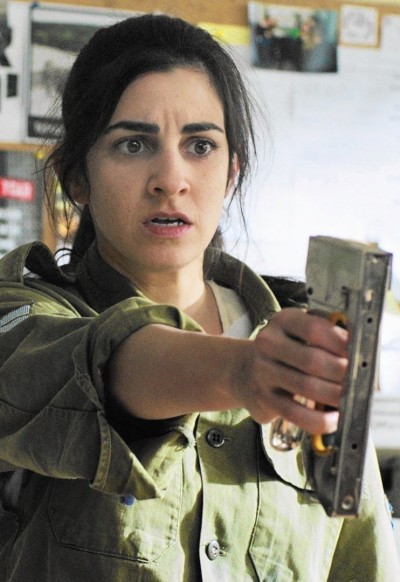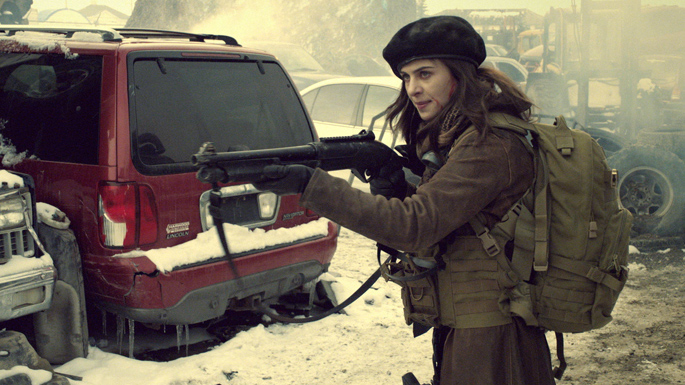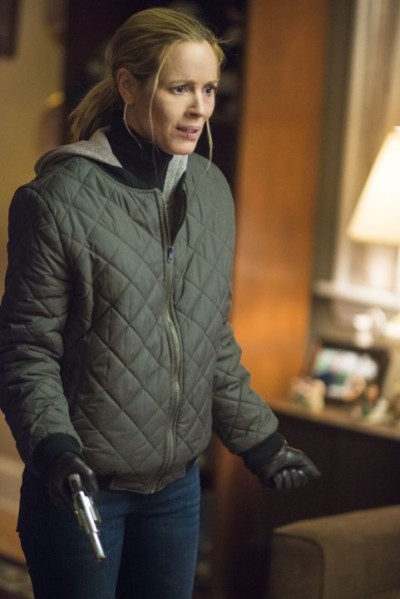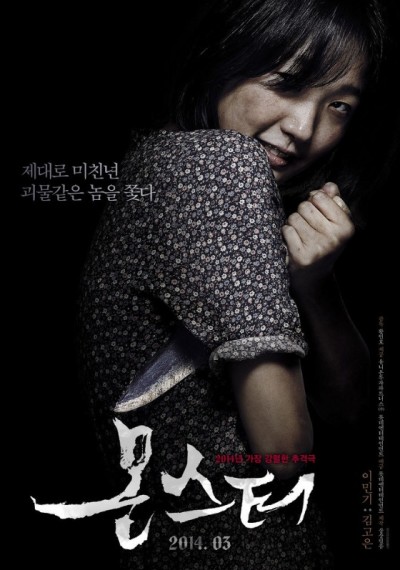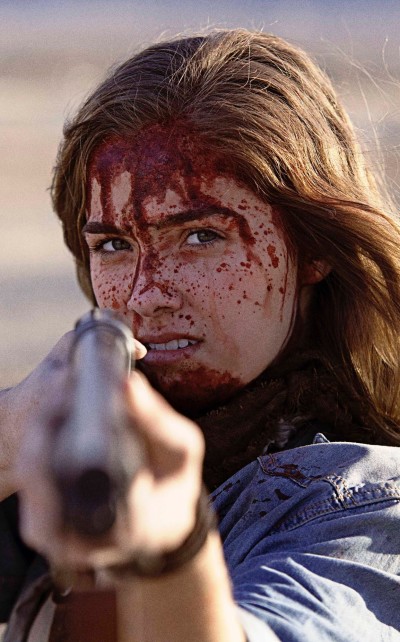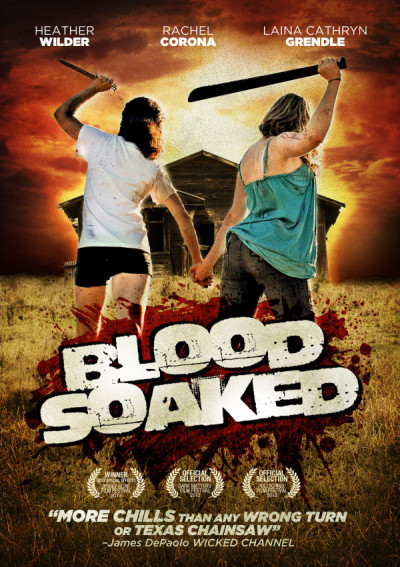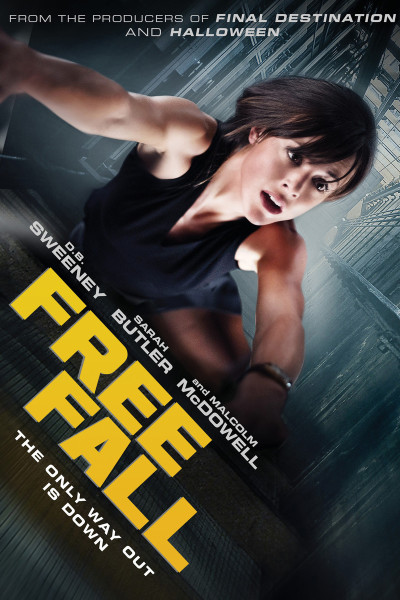★★★
“Dungeons & Dragons. Without dungeons. Or dragons.”
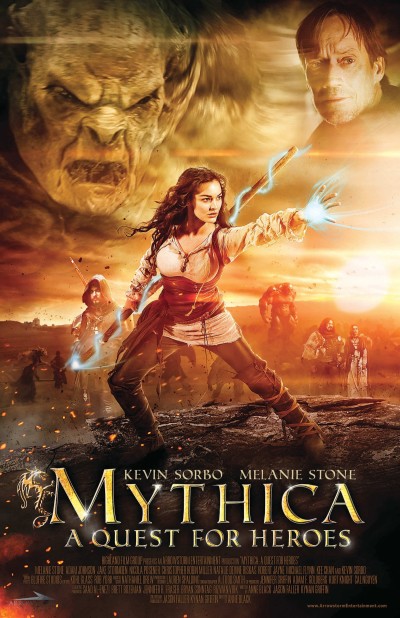 I could virtually hear the d20s rolling for chunks of this one. Not to say that is a bad thing as such; it quite took me back to my college days, when I spent far more time than I should, lurking in the corners of the student union, trying to nurse my ferociously-toasted paladin through another death-trap! The heroine here is Marek (Stone), a slave with a club foot who has higher aspirations, dabbles in magic, and runs away from her master to seek her fame and fortune. She talks her way into a mission no other adventurer will accept, rescuing the sister of haughty high priestess Teela (Posener), who has been kidnapped by orcs, and adds a gruff fighter, Thane (Johnson), and sly thief Dagen (Stormoen) to complete the
I could virtually hear the d20s rolling for chunks of this one. Not to say that is a bad thing as such; it quite took me back to my college days, when I spent far more time than I should, lurking in the corners of the student union, trying to nurse my ferociously-toasted paladin through another death-trap! The heroine here is Marek (Stone), a slave with a club foot who has higher aspirations, dabbles in magic, and runs away from her master to seek her fame and fortune. She talks her way into a mission no other adventurer will accept, rescuing the sister of haughty high priestess Teela (Posener), who has been kidnapped by orcs, and adds a gruff fighter, Thane (Johnson), and sly thief Dagen (Stormoen) to complete the parade of obvious stereotypes, er, sorry, I meant to write “party of adventurers”. They head off to follow the orcs, only to find Teela’s sister is not there, and is apparently with a far bigger, more unpleasant monster, possessing a lot more hit points and higher armour-class.
All my cynicism (which you may just have been able to detect in the above) aside, I actually didn’t hate this, despite its horribly derivative nature and failure to deliver any kind of ending [it being the first in an intended three-part saga coughHobbitcough]. Far from it, actually: if painfully obvious, the characters are still fun to be around, and the actors embrace them with gusto, which help bring them to life. Marek, in particular, has the potential to have a good character arc, since she appears to possess occult talents, which are only scratched here, coming out in dire emergencies – conveniently for the story! She is disabled, but not defined by it. Save a couple of scenes, such as the one where she begs Teela’s to heal her, it’s easy to forget her impediment, and there’s no doubting her courage, wits and loyalty, which make for a winning combination in a fantasy lead.
About the only name you’ll recognize here is Kevin Sorbo, who has basically one scene as Marek’s magical mentor, though I get the feeling he will be back in subsequent parts. Still, if you rent this expecting more based on the promotional material, you’ll be disappointed. Fortunately, I had no such preconceptions, and was able to enjoy what is, in many way, a throwback to the eighties and nineties when, it seems, there was a new one of these out every other time I went to the video-store. [Usually made in Argentina. For Roger Corman] If I can’t say I am anticipating future installments with breathless excitement, I can’t say I will actively avoid them either; mild anticipation is likely about the mark. Coming from someone who has sat through his share of bad genre entries, that’s no mean feat.
Dir: Anne K. Black
Star: Melanie Stone, Adam Johnson, Jake Stormoen, Nicola Posener





